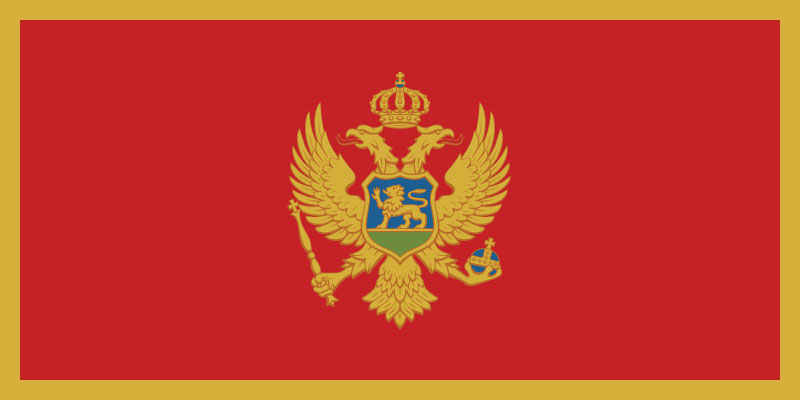HISTORICAL BACKGROUND
There is no general right of freedom of information in the Constitution.(1) Article 35 provides for freedom of the press. Article 19 gives everyone a right to "timely and complete information" about the environment. Article 31 gives individuals a right to access personal information about themselves and prevent its abuse.
The Law on Free Access to Information was adopted in November 2005 and went into effect then.
The law allows any natural or legal person the right to access information held in any form by state and local authorities, public companies and other entities that perform public powers. Requests must be in writing, including via email. Bodies must decide within eight days which can be extended another 15 days. It cases of emergencies, responses must be within 48 hours.
There are exemptions for national security, defense or international relations; public security, commercial or other private or public economic benefits; economic monetary or foreign exchange policy; prevention and investigation of criminal matters; personal privacy and other personal rights; and internal negotiations. The interests must be "significantly harmed" and the harm must be "considerably bigger than the public interest in publishing such information". Information cannot be withheld if it relates to ignoring regulations, unauthorized use of public resources, misuse of power, criminal offenses and other related maladministration issues.
Appeals for denials are to the supervisory body of the agency. Appeals can then be made to a court.
Government bodies are also required to create and publish lists of types of information held including public registers and records. The media ministry must publish a guide.
There are sanctions for agencies and officials who fail to allow access to information, publish the guide or punish whistleblowers.
The law also includes a limited whistleblower protection provision that limits sanctions on public employees who publicly reveal misuse or irregularities and who also inform the head of the agency or relevant investigatory agency.
The Ministry of Culture and Media is in charge of implementation and has conducted some trainings of officials but the perception by NGOs is that there is little political will on the law. The Network for the Affirmation of NGO Sector (MANS) has filed several hundred requests so far and report that the agencies responded back on time in around 50 percent of the cases.
There is currently no data protection act in Montenegro. The government has established a working group on data protection to develop a bill to send to Parliament in 2006.
There is no law on the classification of state secrets but a working group is developing a bill to legislate on it this year. The Agency for National Security has issued a decree on classification but refuses to release it. The Criminal Code prohibits the disclosure of Official Secrets and Military Secrets.(2) The Law on the Agency for National Security allows individuals to ask for their files but thus far, it says no one has asked for them.
NOTES
Constitution of the Republic of Montenegro. http://www.venice.coe.int/docs/2005/CDL(2005)096-e.pdf
Criminal Code §§ 425, 471.




















